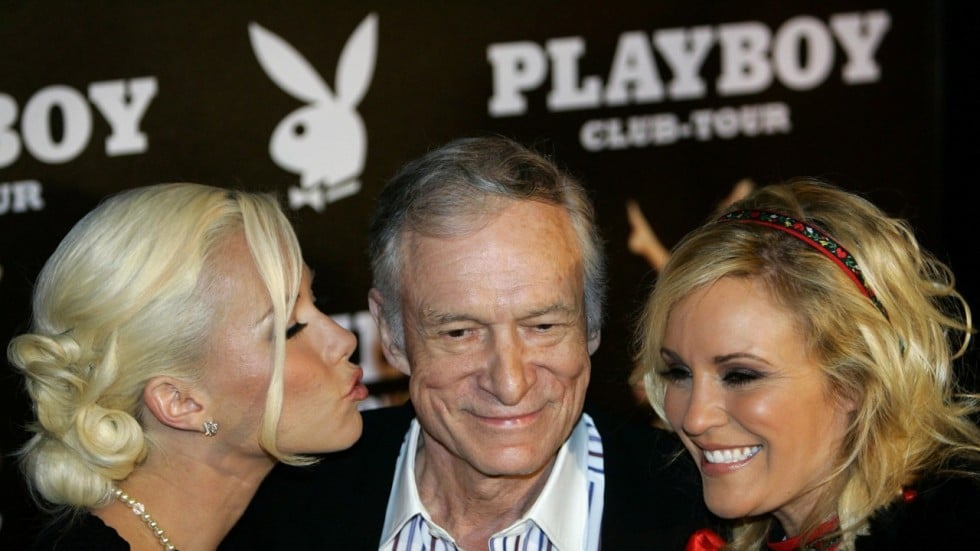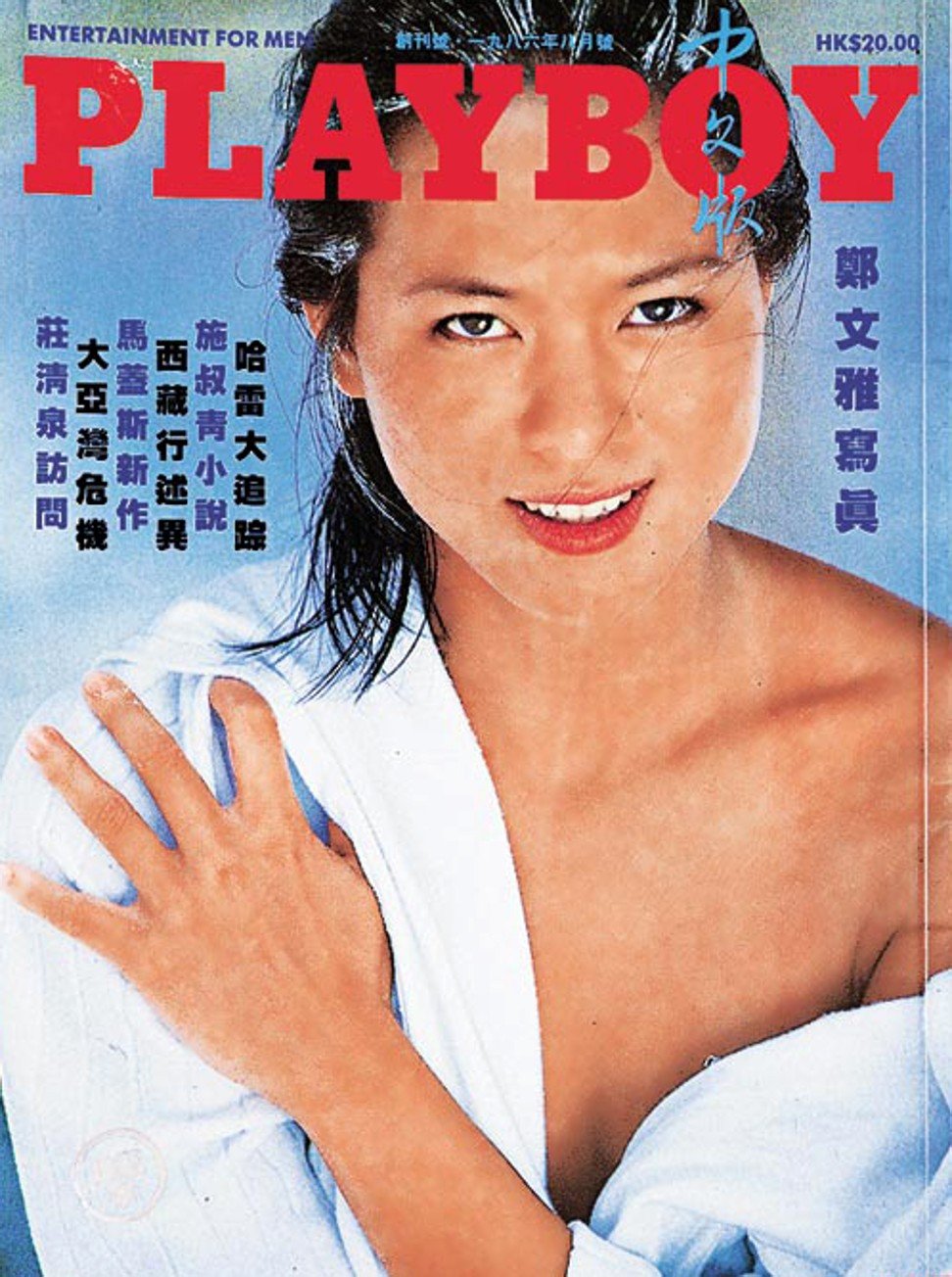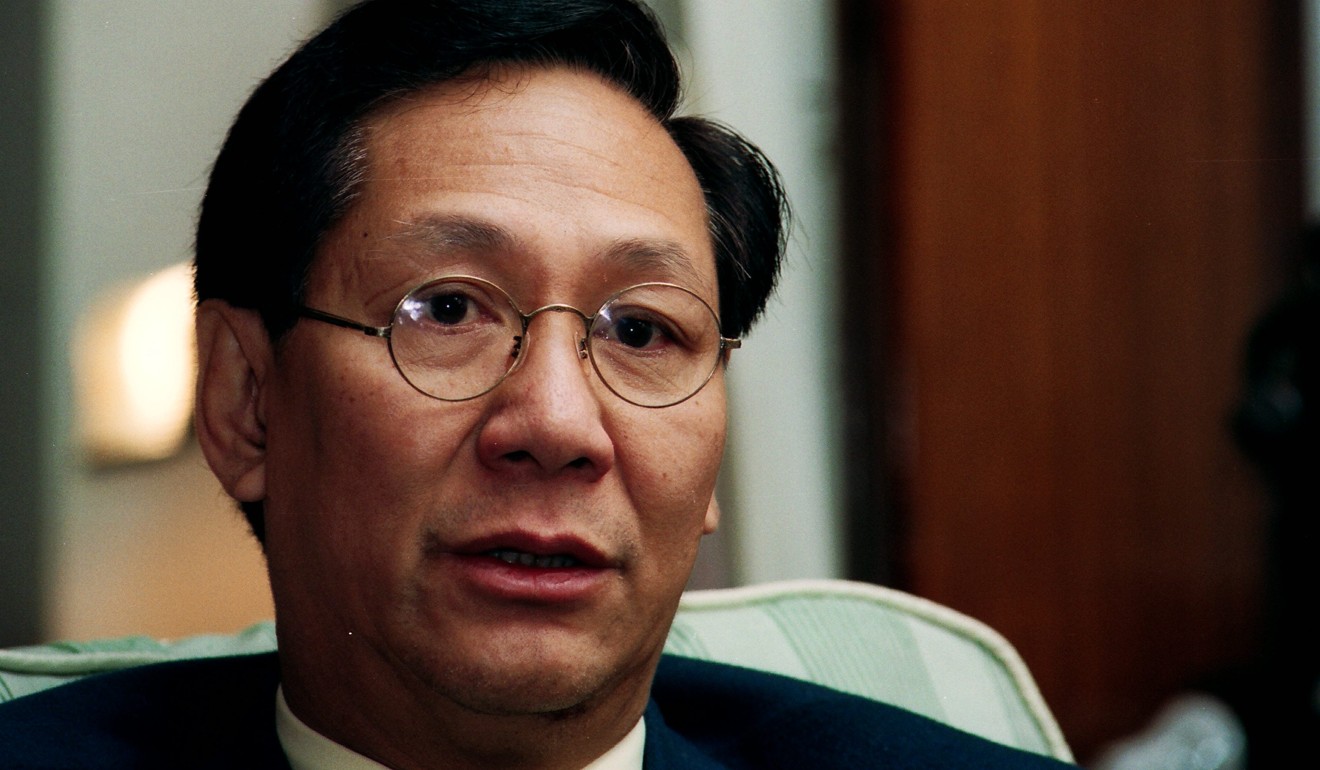Why Hugh Hefner’s forays into China were a rather un-sexy affair
While the risqué Playboy brand certainly held international appeal, its success in this part of the world was somewhat lacklustre
PUBLISHED : Friday, 29 September, 2017, 7:24pm
UPDATED : Friday, 29 September, 2017, 7:24pm
Niall Fraser
niall.fraser@scmp.com

Playboy magazine founder Hugh Hefner arrives with girlfriends Kendra Wilkinson (left) and Bridget Marquardt for his 80th birthday party in Munich's famous club P1 in 2006. Photo: Reuters
While he may have split opinion down the decades – social pioneer who taught America to talk about sex or plain and simple sleaze merchant – risqué is not a word you would use to describe Hugh Hefner’s first foray into China.
Half-a-century ago in January 1967, the Hef hit Hong Kong when, through a local agent, a deal was done for the singularly un-sexy Tingtai Wahchong Metal Manufacturing Company Ltd of Tsuen Wan, to make aluminium beer mugs for the Playboy brand with which Hefner became synonymous.
A year later the Tsuen Wan mug makers marked half-a-million sales by presenting a representative of Hefner in Hong Kong with a commemorative beer mug – there wasn’t a bunny girl in sight.

Olivia Cheng Man-nga, Miss Hong Kong-turned actress, on the first cover of Hong Kong Playboy magazine. Photo: Handout
It was the start of a long – and sometimes fraught – relationship Playboy International had with this part of the world, one which saw the launch of a short-lived Chinese edition of Playboy magazine in Hong Kong to the more recent – and equally short-lived – opening of a Playboy Club in casino town Macau.
Playboy Enterprises has worked hard to remove any hint of salaciousness from the brand in China. It emphasises its original underpinnings as an arbiter of leisure and lifestyle, without so much as a nipple slip.
The Chinese Communist Party had long banned pornography, so Playboy focused instead on selling consumer goods.
In a departure from the passion-killing streets of Tsuen Wan, it was Hong Kong in the late 1980s who took a punt on the sexier side of things when the first issue of the Chinese-language Playboy magazine virtually sold out its initial print run of 50,000 copies in two days.
Its clearly pleased publisher, well known broadcaster, columnist and political pundit, Albert Cheng rather coyly said the first edition sales of August 1986 showed it was “a welcome and very popular addition to the local periodical market”.

Mr Albert Cheng King-hon was credited with bringing the Chinese edition of Playboy magazine to Hong Kong. Photo: SCMP
The first cover carried a covered-up Miss Hong Kong-turned actress, Olivia Cheng, who went topless inside and interviews with larger-than-life movie actor Sammo Hung and fashion designer Calvin Klein.
Later editions had renowned 1990s Hong Kong movie actor maggie Cheung on the cover and carried interviews with entertainer-comedian and movie star Eric Tsang and fellow actor Tony Leung Ka-fai.
By 1993, Hong Kong’s Playboy infatuation had gone – despite cover models shedding more garments as sales thinned out.
It first came to the mainland not through smuggled magazines or videos – though these were certainly circulated among the well-connected – but a 1988 licensing agreement with another Hong Kong company – the Chaifa Group, chaired by the prominent businessman John Chan Chun Tung – saw Playboy’s fashion brand sold to various mainland manufacturers.
Throughout the 1990s, Playboy battled, only partially successfully, against any association of its name with the kind of Western “vulgarity” Beijing has long condemned
Playboy waited until 2010 for its next big China move, the lavish Playboy Club Macau, billed as a VIP experience overlooking the skyline of the gambling enclave.
It would be another throwback to the golden years, this time to the Playboy Club and Casino in Park Lane, London, which opened in 1966 and soaked up so much oil money from Arab whales that the casino’s profits covered the operating losses of all Playboy’s other interests and then some: up to US$80 million a year.
Hef’s London club lasted 15 years before losing its gaming license; Playboy Club Macau closed quietly after just three unremarkable years in business.







 Reply With Quote
Reply With Quote